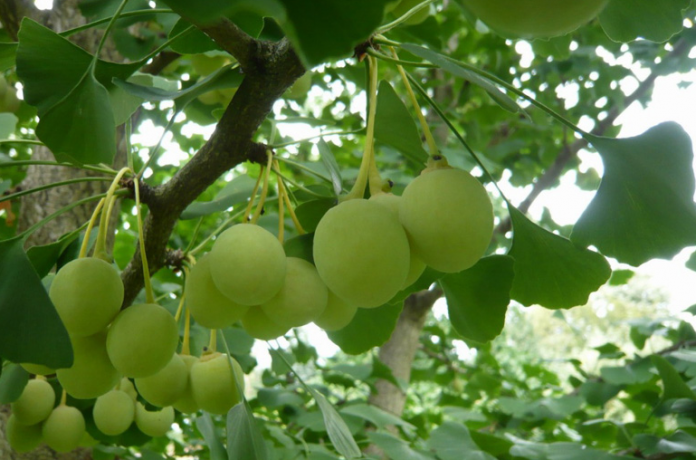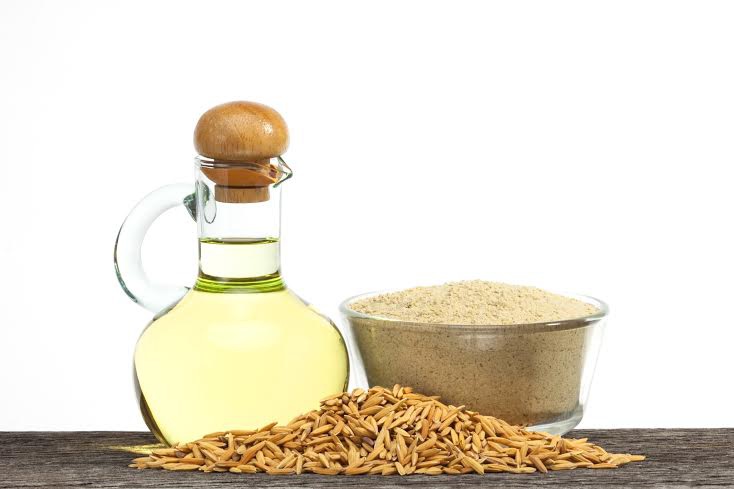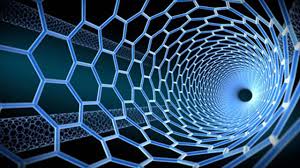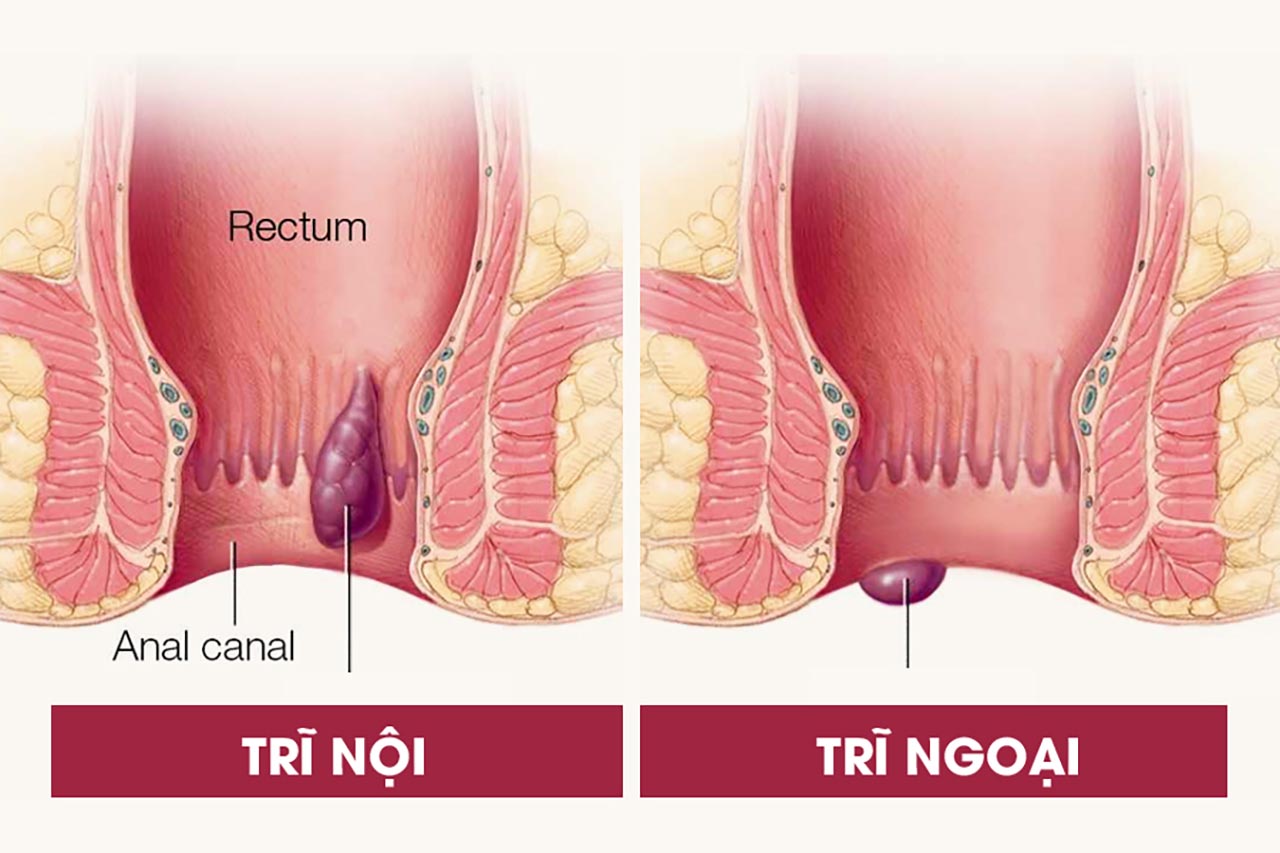Ginkgo biloba is marketed as an effective circulatory aid. But recent scientific studies have shown some surprising information from this drug.
Pharmacological effects
Ginkgo biloba is a standardized extract from the leaves of the Ginkgo biloba tree (abbreviated EGB). EGB (symbol EGb 761) contains 24% flavonoids, 6% ginkgolid-biloba (ditepen lactone) and contains no more than 5 parts per million ginkgolic acid.
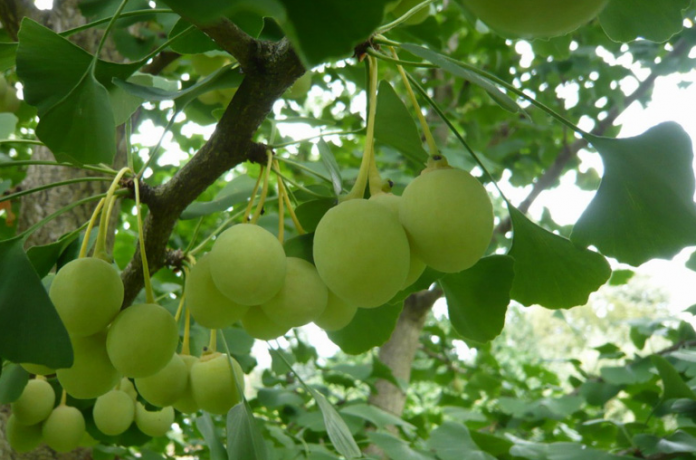
Ginkgo Tree
EGB increases cerebral circulatory function, increases the tolerance of brain tissue in the absence of oxygen, anti-oxidant free radicals, stabilizes membranes, so it should be considered as a neuroprotective agent. They are factors that inhibit platelet activation, so they have anticoagulant properties. In addition, they also relax endothelial cells by blocking 3-5 cyclic GMP (guanoside monophosphate), phosphodiesterase, blocking the sensitivity of choline receptors, epinephrine-secreting receptors, and stimulating choline absorption in hippocampus. They are also prevents the agglomeration of amyloid plaques (the cause of Alzheimer’s disease).
Effectiveness of EGB has been demonstrated (in placebo-controlled trials) in subjects with cerebral circulatory insufficiency, general circulatory impairment, peripheral vascular insufficiency, hearing, so EGB is used to treat cerebral circulatory insufficiency (with the main manifestations being tinnitus, dizziness, decreased vision, some retinal insufficiency); treatment of cerebral circulatory insufficiency before having a cerebrovascular accident in order to remotely prevent a cerebrovascular accident, treatment of cerebral circulatory insufficiency after a cerebrovascular accident to prevent a cerebrovascular accident secondary; Treatment of painful symptoms (due to peripheral circulatory failure such as spasms during defecation, nutritional disorders), symptoms of claudication, Raynaud’s syndrome, myasthenia gravis (in combination with papaverine).
In the last few years, there have been several hundred studies that have reviewed the pharmacology and clinical application of EGB. Regarding cognitive improvement EGB has improved cognitive function decline including cognitive function decline in Alzheimer’s disease. However, there is almost no benefit for people who already have Alzheimer’s or senile dementia. Because EGB is only used for people with cognitive decline for people with cerebral circulatory insufficiency or after a cerebrovascular accident for people with new Alzheimer’s (in fact, it is also rarely used). Do not use for people with advanced Alzheimer’s (confusion). Brand The effect in claudication is limited, but the desired effect is only achieved at high doses (240 mg/day). EGB is also effective in reducing tinnitus or completely eliminating tinnitus for 50% of users, but only for those who have new tinnitus (probably vasomotor-related tinnitus).
But not completely benign
In the extract of ginkgo biloba, ginkgolic acid is toxic, so the EGB standard is not to contain more than 5 parts per million of this substance. In addition, clinicians have reported that ginkgo biloba has the following side effects: causing headache, restlessness, nausea, diarrhea; increased risk of bleeding (due to the presence of factors that inhibit platelet activation, anticoagulant); In rare cases there was a serious complication including subdural haemorrhage, subarachnoid hemorrhage, intracerebral hemorrhage, and anterior chamber haemorrhage (cause unknown). There are no documents to prove the safety of EGB in pregnancy and lactation.
Since then, clinicians have made the following recommendations:
– Do not use for people with blood clotting disorders, not with anticoagulants (warparin, heparin) or drugs that prevent platelet aggregation (aspirin, dipyridamol, ticlopidine). If need to be used together, the dose must be calculated carefully, closely monitored. Should not be used with herbs such as fefeverfew, garlic, ginseng, red clover, especially herbal groups containing coumarin. The above combinations will combine the anticoagulant properties of substances and herbs and the anticoagulant properties of EGB to increase bleeding.
– EGB should be discontinued 36 hours or better 14 days before surgery (to avoid increased risk of bleeding).
– Do not use with epilepsy drugs (such as carbamazepine, valproic acid) because EGB reduces the effectiveness of antiepileptic drugs.
– Cerebrovascular accident has two types, one type is bleeding in the brain (due to a ruptured blood vessel) and another is cerebral emphysema (caused by a blood clot blocking a blood vessel). EGB is chosen to be used for cerebrovascular accident due to cerebral embolism and not used in case of cerebrovascular accident due to cerebral bleeding.
– Should not be used with tradone because of possible coma (just met one case).
– Not recommended for pregnant women (because safety has not been proven).
The ancients used ginkgo biloba leaves effectively fruit safe. Therefore, when extracting EGB, one relies entirely on old experience. Documents previously recorded many uses, no contraindications mentioned. Today, clinicians have re-examined, administering EGB in some cases really effective, taking into account the effects side, recommending cases that need caution, should not be used. Should know more about these things, EGB should not be considered as an all-purpose brain tonic, completely benign.
The brain of a person with a circulatory disorder.







